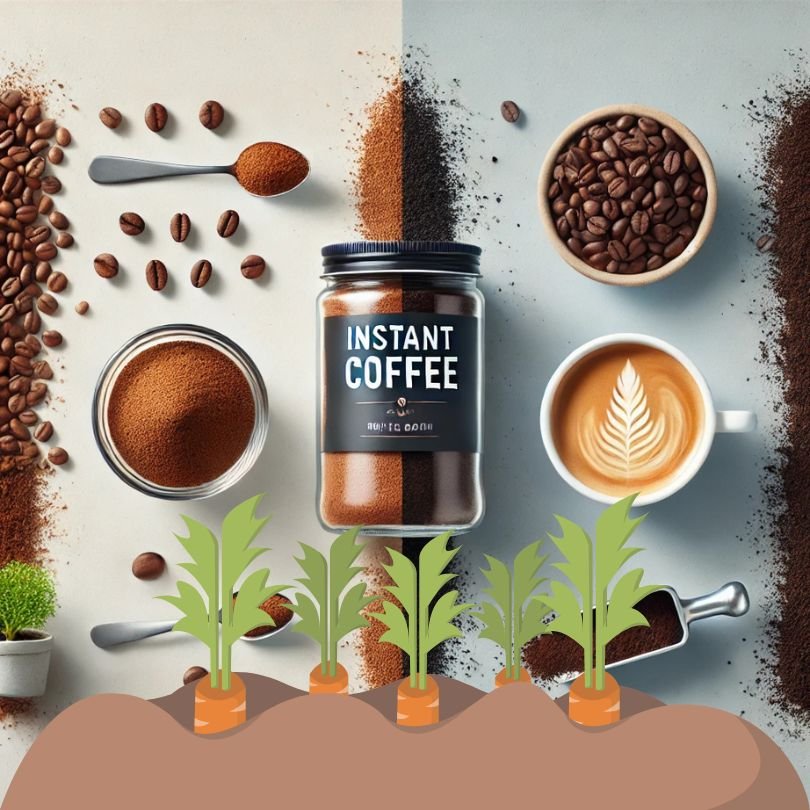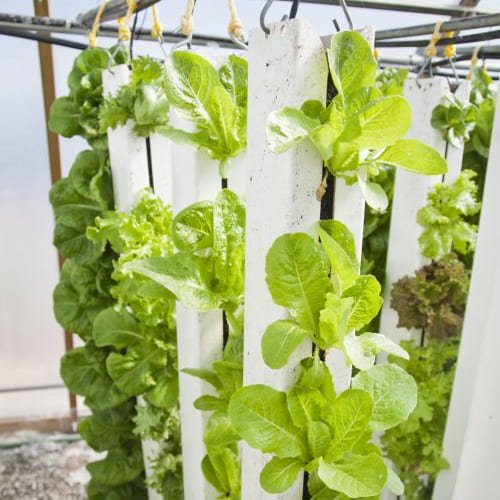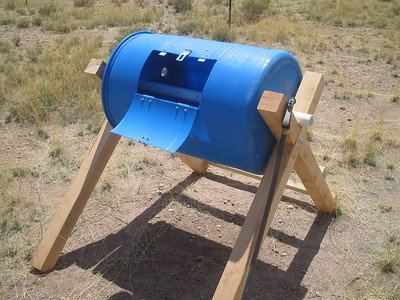In the realm of gardening, we’re always on the lookout for that magic ingredient to give our plants a boost. Coffee grounds have long been heralded as a gardener’s best friend, packed with nutrients that can improve soil health and give plants a much-needed pick-me-up. But what about instant coffee? Could this convenient pantry staple stand in for traditional coffee grounds when it comes to nurturing our beloved green friends?
Let’s dive into this intriguing question and uncover whether instant coffee can truly replace coffee grounds for plants.
The Coffee Grounds Craze: Why Plants Love Them
Before we dive into instant coffee’s potential, it’s essential to understand why coffee grounds are a superstar in the gardening world. Coffee grounds are rich in nitrogen, a vital nutrient for plant growth. They also contain other essential minerals like phosphorus, potassium, magnesium, and copper. When added to soil, coffee grounds improve its structure, help retain moisture, and promote the growth of beneficial microorganisms.
Moreover, coffee grounds have a slightly acidic pH, making them perfect for acid-loving plants like roses, blueberries, and azaleas. They can also help deter pests such as slugs and snails, adding an extra layer of protection for your garden.
Instant Coffee: A Convenient Substitute?

To understand whether instant coffee can replace coffee grounds, we need to unravel what instant coffee truly is. Unlike the spent grounds left behind from brewing, instant coffee is made by brewing ground coffee beans and then freeze-drying or spray-drying the liquid to create a water-soluble powder or granule.
This process transforms coffee into a convenient product for humans but fundamentally alters its properties for gardening. Instant coffee contains trace amounts of nutrients but lacks the robust organic matter of coffee grounds. Its solubility, while great for a quick cup of coffee, also means it behaves differently in soil.
Can Instant Coffee Be Used for Plants? The Pros and Cons
Now to the heart of the matter: Can instant coffee benefit plants, and if so, how? Let’s weigh the potential advantages and drawbacks.
The Pros of Using Instant Coffee
- Nutrients, in Small Doses: Instant coffee contains nitrogen, though in much smaller quantities than coffee grounds. While it won’t be a game-changer, it can provide a minor nutrient boost to your soil.
- Acidity, Diluted: Instant coffee retains some acidity, which could be helpful for acid-loving plants. However, once diluted, its pH-altering properties are far less pronounced.
- Ease of Use: Instant coffee is ready to go—no brewing, no mess. Simply dissolve it in water, and you have a solution that’s easy to apply.
The Cons of Using Instant Coffee
- Lack of Organic Matter: Unlike coffee grounds, instant coffee doesn’t contribute to soil structure or foster beneficial microbial activity.
- Potential Additives: Many instant coffees contain preservatives or artificial ingredients that might not be plant-friendly. These could accumulate in the soil over time and potentially harm your plants.
- Risk of Overuse: Because instant coffee is water-soluble, its effects can be more immediate and intense. Over-application could lead to nutrient imbalances or overly acidic soil.
Practical Application: How to Use Instant Coffee for Plants
If instant coffee is your only option, you can still use it in your garden with caution and care. Follow these steps to minimize any negative effects:
1. Dilute Generously: Mix one teaspoon of instant coffee with a gallon of water. This creates a mild solution that won’t overwhelm your plants.
2. Test on a Few Plants: Before going all in, try the solution on a small section of your garden or a few potted plants. Observe how they respond over a week or two.
3. Apply Sparingly: Water your plants with the solution once every two to three weeks. Overuse can lead to soil acidity issues or build-up of unwanted compounds.
4. Monitor Soil pH: If you’re using instant coffee regularly, test your soil’s pH periodically to ensure it remains balanced.
5. Observe and Adjust: Keep an eye on your plants after applying instant coffee. If you notice any negative effects, discontinue use immediately.
The Verdict: Instant Coffee vs. Coffee Grounds
While instant coffee can be a quick fix, coffee grounds are the true heroes for gardeners. Their nutrient density, organic matter, and long-term benefits make them irreplaceable. Think of coffee grounds as a slow-release fertilizer and soil conditioner in one. They work harmoniously with nature, enriching the soil ecosystem and promoting sustainable growth.
Instant coffee, by contrast, is a one-trick pony. It might give plants a fleeting benefit, but it lacks the depth and versatility of coffee grounds. It’s like comparing fast food to a home-cooked meal—convenient, but not nearly as nourishing.
A Gardener’s Reflection:
Gardening is as much about connection as it is about cultivation. It’s about understanding the needs of your plants and finding solutions that align with the rhythms of nature. While it’s tempting to cut corners or seek shortcuts, the truth is that gardening rewards patience and care.
If you’re out of coffee grounds, don’t despair. Instant coffee can be a temporary substitute, but use it sparingly and thoughtfully. And the next time you brew a pot of coffee, save those grounds. Your plants—and the soil they grow in—will thank you.
In the end, it’s not just about what works, but what works best. Coffee grounds are a gardener’s gift from the earth, a reminder that even our daily rituals can nourish life in unexpected ways. So, let’s celebrate the magic of coffee—grounds and all—and keep cultivating with love.



